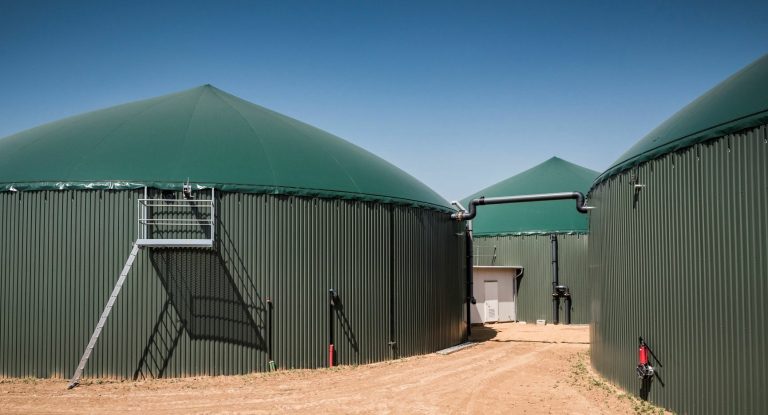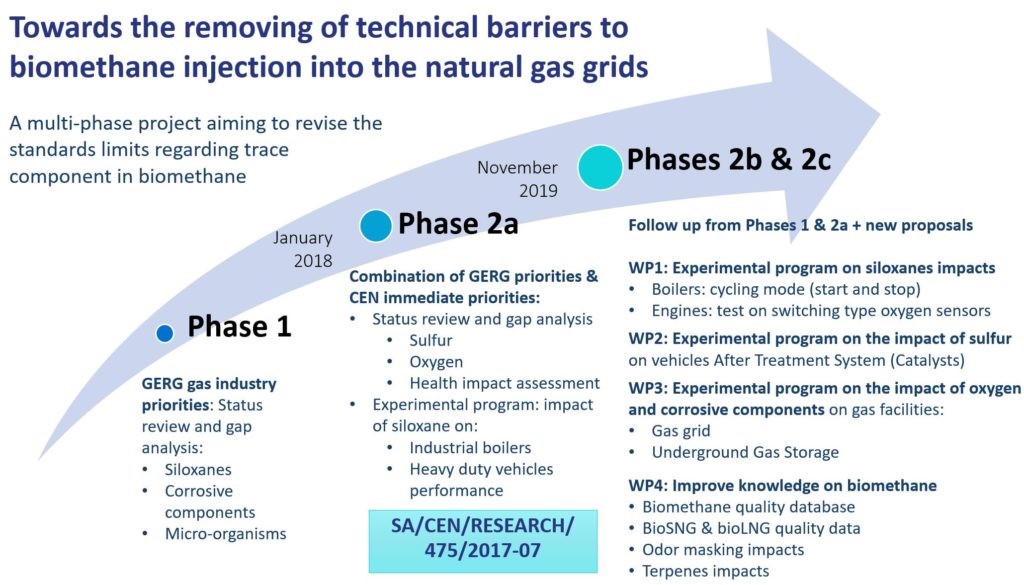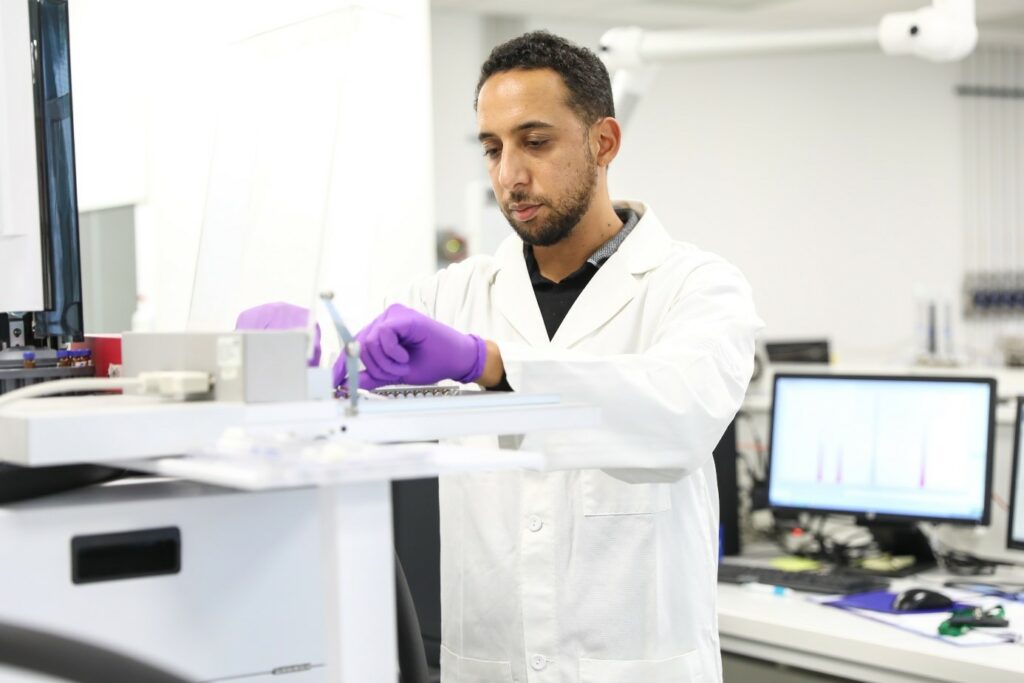
On December 2, 2021, the second day of the GERG anniversary conference focused on the work being done on biomethane. Amélie Louvat from RICE was invited to present the research work carried out by the PRCI (Pipeline Research Council International) to which RICE contributes.
In addition, the GERG Biomethane project was presented at the session. On this occasion, we look back at the key contribution of RICE to the work.

Figure: GERG Biomethane Project Roadmap(https://www.gerg.eu/project/biomethane/ )
|During phases 1 and 2a, RICE, in collaboration with the control and certification provider Kiwa (Netherlands), carried out critical bibliographical reviews on the potential impact of trace compounds in biomethane, as well as on the impact of O2 on wells and surface facilities of underground gas storage facilities. The results of this research show the lack of information on the possible corrosive effects of trace compounds of biomethane on the gas infrastructure and O2 on underground storage facilities. RICE has thus proposed to look further into the subject with Kiwa during the next Phase 2c, by carrying out corrosion tests specific to real problems: with these tests, RICE and its partners will provide answers to the risks of corrosion, in conditions representative of gas infrastructures. |The experience acquired by RICE with its CARABIO (CARActerisation of BIOmethanes) study has been fundamental for the proposal of two studies integrated in the current phase of the GERG biomethane project (2b) and in its final phase (2c, the last in perspective today):
|The experience acquired by RICE with its CARABIO (CARActerisation of BIOmethanes) study has been fundamental for the proposal of two studies integrated in the current phase of the GERG biomethane project (2b) and in its final phase (2c, the last in perspective today):